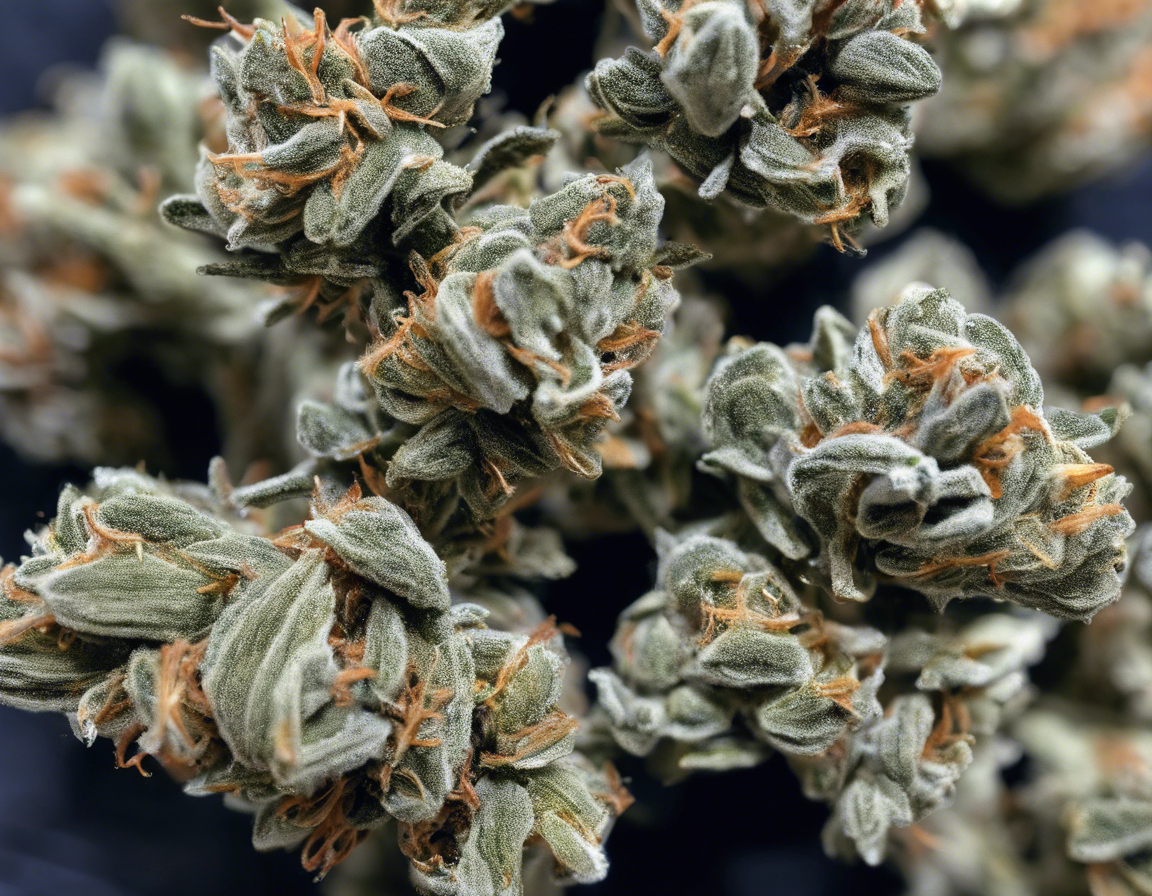Introduction
In the realm of relationships, few things can be as devastating as discovering that your partner has engaged in a love affair. The emotions that come with such a betrayal are often overwhelming, leaving individuals feeling hurt, betrayed, and questioning the very foundation of their relationship. Love affair strain can have a profound impact on individuals, couples, and families, leading to a range of emotions and challenges that need to be navigated with care and understanding.
Understanding Love Affair Strain
-
Definition: A love affair strain refers to the emotional, psychological, and sometimes physical toll that the discovery of a partner’s extramarital relationship takes on the betrayed individual and their relationship.
-
Causes: Love affair strain can stem from various factors, such as dissatisfaction in the current relationship, unresolved issues between partners, individual insecurities, or even external influences such as work stress or personal challenges.
-
Impact: The impact of a love affair strain can be profound, leading to feelings of betrayal, anger, hurt, loss of trust, and a sense of disconnection within the relationship.
-
Symptoms: Individuals experiencing love affair strain may exhibit symptoms such as anxiety, depression, mood swings, changes in appetite, difficulty sleeping, and a general sense of unease.
Navigating Love Affair Strain
-
Communication: Open and honest communication is key when navigating love affair strain. Both partners need to express their feelings, concerns, and perspectives in a safe and respectful manner.
-
Therapy: Seeking the help of a qualified therapist or counselor can be beneficial in processing emotions, rebuilding trust, and gaining clarity on the future of the relationship.
-
Self-Care: It’s essential for individuals to prioritize self-care during times of love affair strain. Engaging in activities that bring joy, practicing relaxation techniques, and seeking support from friends and loved ones can help in healing.
-
Setting Boundaries: Establishing clear boundaries within the relationship can help rebuild trust and ensure that both partners feel respected and valued.
-
Forgiveness: Forgiveness is a challenging but crucial step in overcoming love affair strain. It requires time, patience, and a willingness to let go of resentment and pain.
FAQs (Frequently Asked Questions)
- Is it possible to recover from a love affair strain?
-
Yes, with dedication, effort, and support, individuals and couples can recover from love affair strain and rebuild their relationship.
-
How can I rebuild trust after a love affair strain?
-
Rebuilding trust takes time and consistency. Open communication, transparency, and a commitment to the relationship are essential.
-
Should I confront my partner about their extramarital affair?
-
It is important to address the issue with your partner, but timing and approach are crucial. Seeking the guidance of a therapist can help navigate this challenging conversation.
-
What are some coping strategies for dealing with love affair strain?
-
Engaging in self-care activities, seeking support from friends and family, journaling, and attending therapy sessions are all effective coping strategies.
-
Can a relationship survive infidelity?
-
While rebuilding a relationship after infidelity is challenging, many couples have successfully navigated this journey with commitment, communication, and therapy.
-
How do I know when it’s time to end a relationship after infidelity?
- Deciding whether to end a relationship after infidelity is a personal choice. Factors such as the willingness of both partners to work on the relationship, the severity of the betrayal, and individual values and boundaries play a role in this decision.
In conclusion, love affair strain is a complex and challenging experience that requires patience, understanding, and a willingness to confront difficult emotions. By fostering open communication, seeking support, prioritizing self-care, and working towards forgiveness and rebuilding trust, individuals and couples can navigate the path towards healing and potentially strengthen their relationship in the process.
